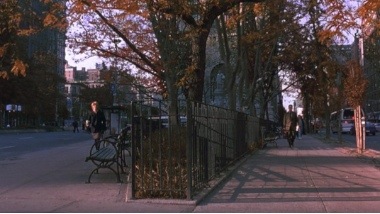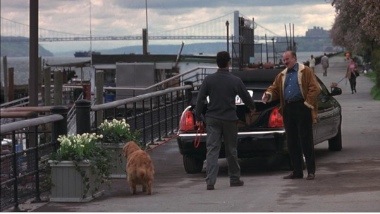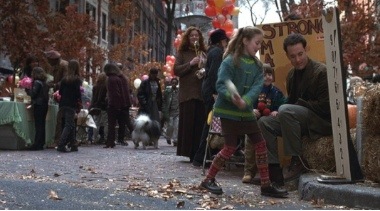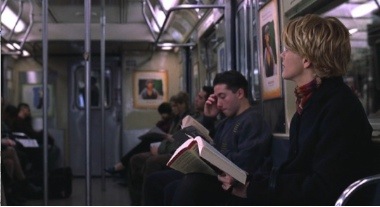![]() Chief Mankiller passed away today. There is a lovely video retrospective on the homepage of the Cherokee Nation.
Chief Mankiller passed away today. There is a lovely video retrospective on the homepage of the Cherokee Nation.
Day: April 6, 2010
Nora Ephron’s Urban Views
When you say Nora Ephron, I suspect that most people think “chick flick.” Intellectuals, in particular, are always very careful to say they don’t like her movies; and the same sorts of women who take pride in telling me they *hate* Jane Austen similarly take pride in telling me they *hate* Nora Ephron.
Well, I love Nora Ephron. I love her movies, and I really love her books. What I really love about Nora Eprhon is that her cities are part of her stories. How many truly beautiful movies of Baltimore have you ever seen? But the truth is, Baltimore has some absolutely lovely neighborhoods, and in Ephron’s capable hands, you get to see Kevin Lynch’s “Imagabilty” come to life on film. Baltimore, New York, Seattle, even LA–she can find the loveliness in just about any urban context.
From Sleepless in Seattle, Chicago:
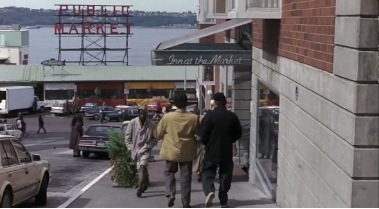
A gathering of women in one of those fantastic SF Valley backyards, from Bewitched:
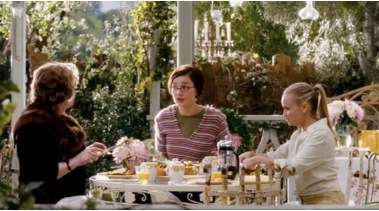
One of those incredible LA west side homes, from Hanging Up:
There are almost too many to choose from the move You’ve Got Mail, which like many of Woody Allen’s films is as much of a love story about New York as it is a love story between two people:
The stigma of a small city
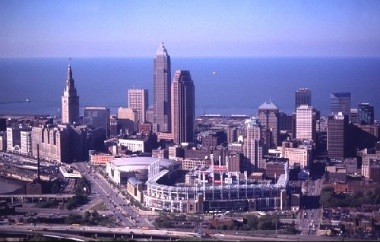 Over at Rust Wire, there is a guest editorial:
Over at Rust Wire, there is a guest editorial:
Guest Editorial: The Stigma of the Small City | Rust Wire
The editorial from a person who moved from Chicago to Cleveland, and he writes:
Having spent a year now in Cleveland, I realize that it is not a small city with nothing going on. It is truly a major city with sufficient scale for most things you find in major cities. We have finance and legal industries.We have designers and publishers. We have bicycle messengers. We have at least a half dozen companies that do nothing but walk dogs for busy professionals. We have a sand volley ball league, a dozen ski clubs, and thirty-some yoga studios. We have immigrants from all over the world in our universities and running ethnic groceries. We have commuter trains, valets, and loft condos with concierges. Life in Cleveland is much more like life in Chicago than people there, here, or elsewhere recognize. Is our perception about smaller cities also wrong?
It’s a reasonable question, particularly for writers like Richard Florida who are interested in how urban culture is marketed and consumed. How big does a city need to be in order to be cosmopolitan?
Then there’s the other flip side of the question: if this isn’t about civic boosterism, does it really matter if nobody else knows how wonderful your city is?


